How Hillary Clinton Can Win the Millennial Vote

By:
Millennials could prove essential to a Hillary Clinton victory this November — but despite her campaign's increased outreach efforts, the youth voting bloc still appears reluctant to throw its support behind the Democratic presidential nominee.
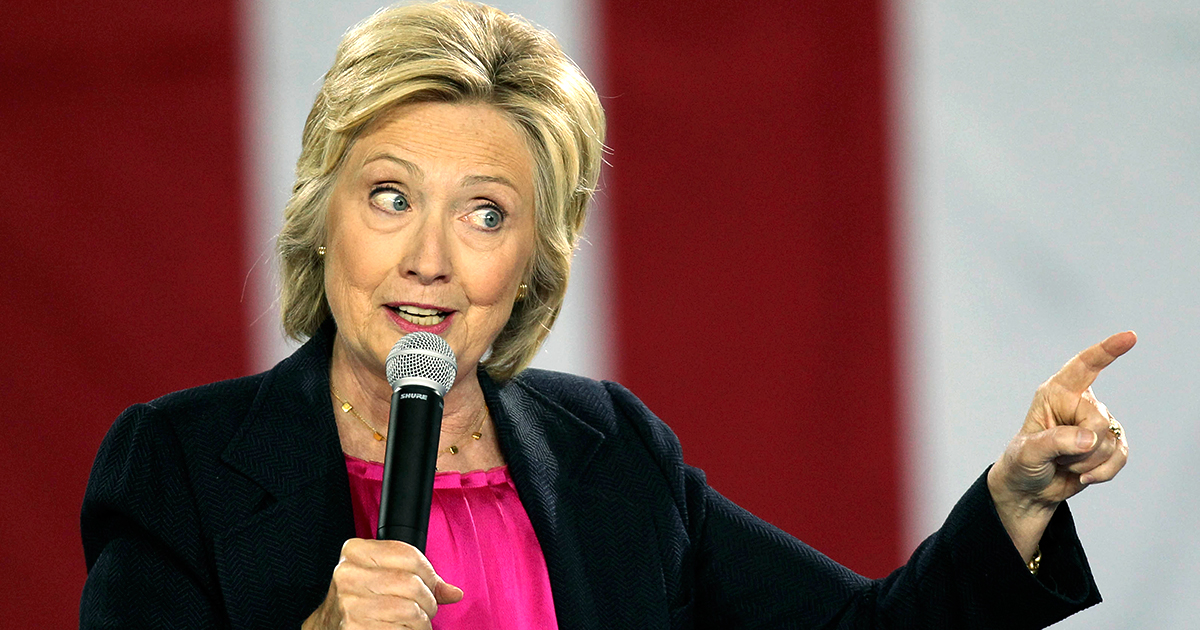 AP/Monica Herndon - apimages.com
AP/Monica Herndon - apimages.com
It's a problem that's plagued Clinton since the insurgency of Sen. Bernie Sanders, I-Vt., her former rival for the party nomination. For one reason or another, Millennials just aren't as enthusiastic about a Clinton presidency as they have been for previous Democratic nominees.
A sizeable chunk are even opting for third-party candidates Gary Johnson or Jill Stein. So, really, what can Clinton do to bolster her Millennial support ahead of Election Day? Here are some theories:
1. Use surrogates to advocate for her trustworthiness.
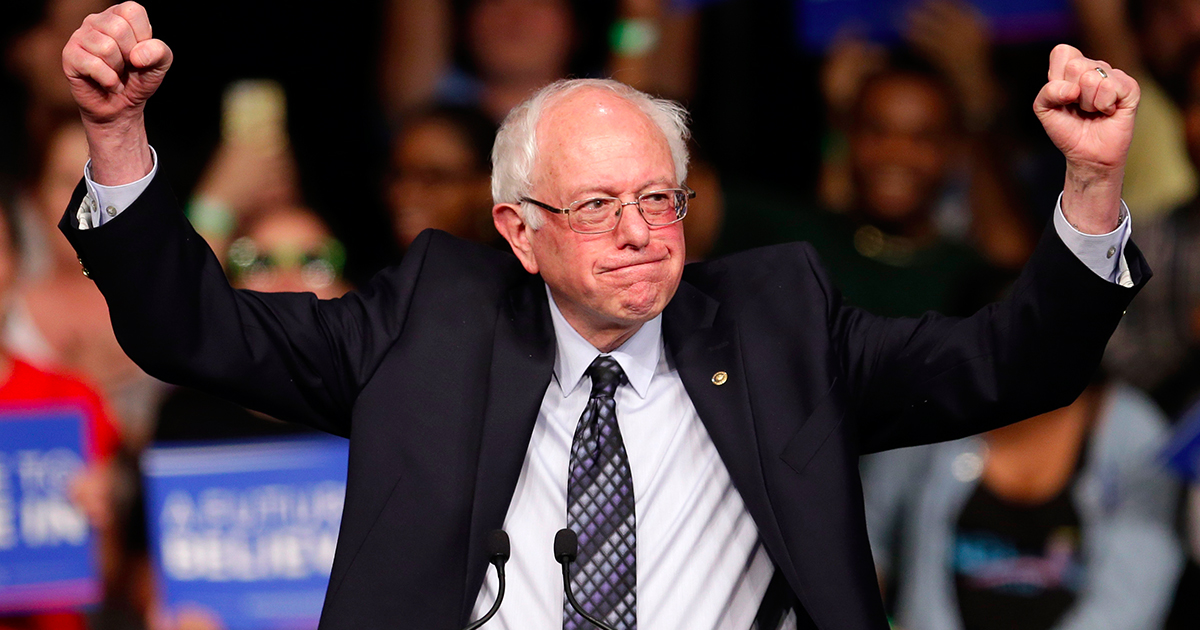 AP/Alan Diaz - apimages.com
AP/Alan Diaz - apimages.com
One of the biggest obstacles Clinton faces in terms of Millennial appeal is the group's perception of the nominee as untrustworthy. She should rely on popular surrogates — President Barack Obama, First Lady Michele Obama, Sanders, and Sen. Elizabeth Warren, D-Mass., for example — to testify to her temperament and trustworthiness.
"In terms of the honesty, it's something that, unfortunately in her case, has been built-in for the last 40 years, and it's going to be hard to crack," Mike Hais, who has authored three books examining the Millennial generation, told ATTN:. "What she's trying to do is at least contrast that with her opponent. It's not going to convince people that she's suddenly a saint, but it might convince them that she has more to offer in terms of her personality and approach than her opponent does."
2. Continue to make the case for racial justice.
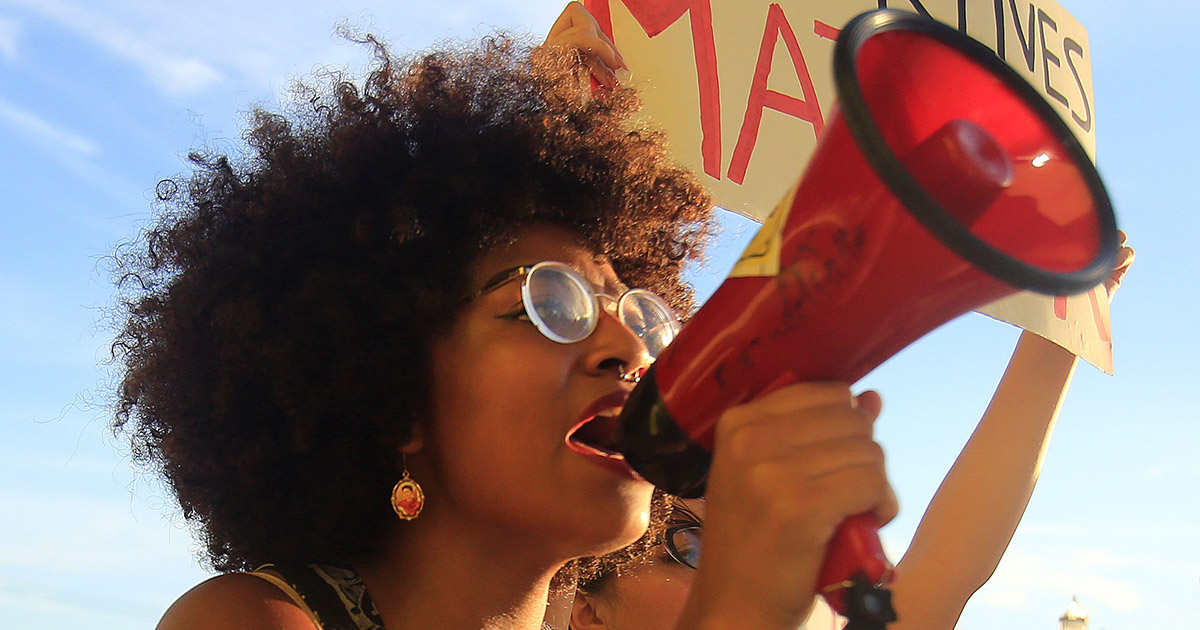 AP/Joel Martinez - apimages.com
AP/Joel Martinez - apimages.com
After the first presidential debate on Monday, polls showed that Millennials, by and large, viewed Clinton as the winner. Forty-seven percent of voters under 30 said that her performance made them more likely to vote for her, according to a post-debate PPP poll, and they were particularly impressed by her answers during the race section of the debate. With that in mind, Clinton should continue to contrast her racial justice policies with those put forward by Republican presidential nominee Donald Trump.
"What we saw very clearly was that both Black and white participants tended to like what Hillary Clinton was saying when she was talking about race, and they tended to not like or to like less what Trump was saying when he was talking about race," Charlton McIlwain, a professor at NYU who helped lead a focus group consisting of young voters during the debate, told The Washington Post. "When Clinton talked about the scourge of racial profiling, white participants liked what she was saying, but Black participants really liked what she was saying."
3. Come out in support of marijuana legalization.
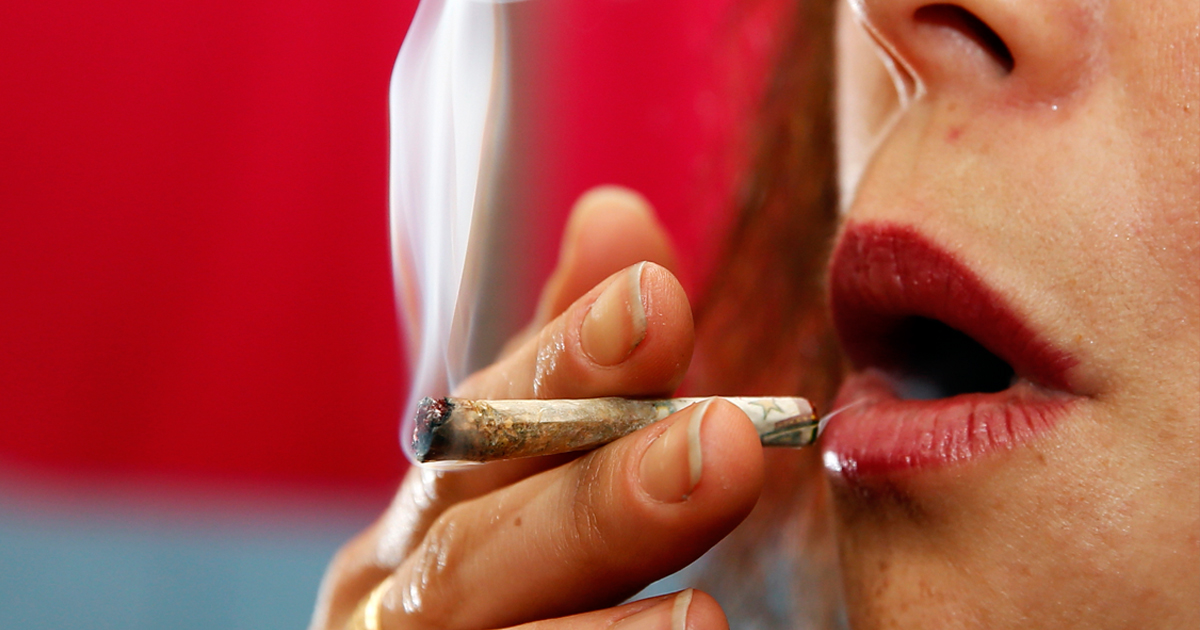 AP/Alex Brandon - apimages.com
AP/Alex Brandon - apimages.com
No, seriously. Seventy-one percent of Millennials support marijuana legalization, a 2015 Gallup poll found. It might not be the defining issue of the generation, but it'd be a mistake to dismiss the marijuana vote.
Millions of Americans use marijuana for medical and recreational purposes — and the vast majority of Millennial voters recognize that the country's war on drugs has been an abject failure, contributing to mass incarceration that disproportionately affects minorities.
"It's clear that a huge and growing number of Millennials enthusiastically support marijuana legalization," Tom Angell, the founder of the nonpartisan organization Marijuana Majority, told ATTN: "Forcefully calling for an end to prohibition would be an obvious way to appeal this sizable constituency.
"And while changing positions on financial regulation, international military interventions, or national security would require lengthy policy explanations, it'd be very easy to say, 'I've taken a closer look at what Colorado's doing on marijuana. It seems to be working out great, and I'd support legalization if it were on the ballot where I vote.' Saying that would probably go a long way," Angell added.
4. Talk about the economy in ways that young voters find relatable.
 Stocksy/Lumina - stocksy.com
Stocksy/Lumina - stocksy.com
Clinton scored points with Millennials during the debate when she blasted Trump for shortchanging employees and called on wealthy Americans to pay their fair share. Income inequality matters to Millennials, and by endorsing policies that level the economic playing field, she gains credibility among those skeptical of her Wall Street ties.
But it could also pay to be more direct about her economic proposals that affect young voters, including college affordability and raising the minimum wage. Both issues played well for Sanders supporters.
"I think she has to point out certain things that are going to be of direct benefit to them — that it is going to make a difference to them in their lives," Hais said. "And so I think the issue of college affordability, some sense of economic equality in terms of wages and salaries, and tying in the whole gender question is also a question of economic equality."
5. Bring the message directly to Millennials.
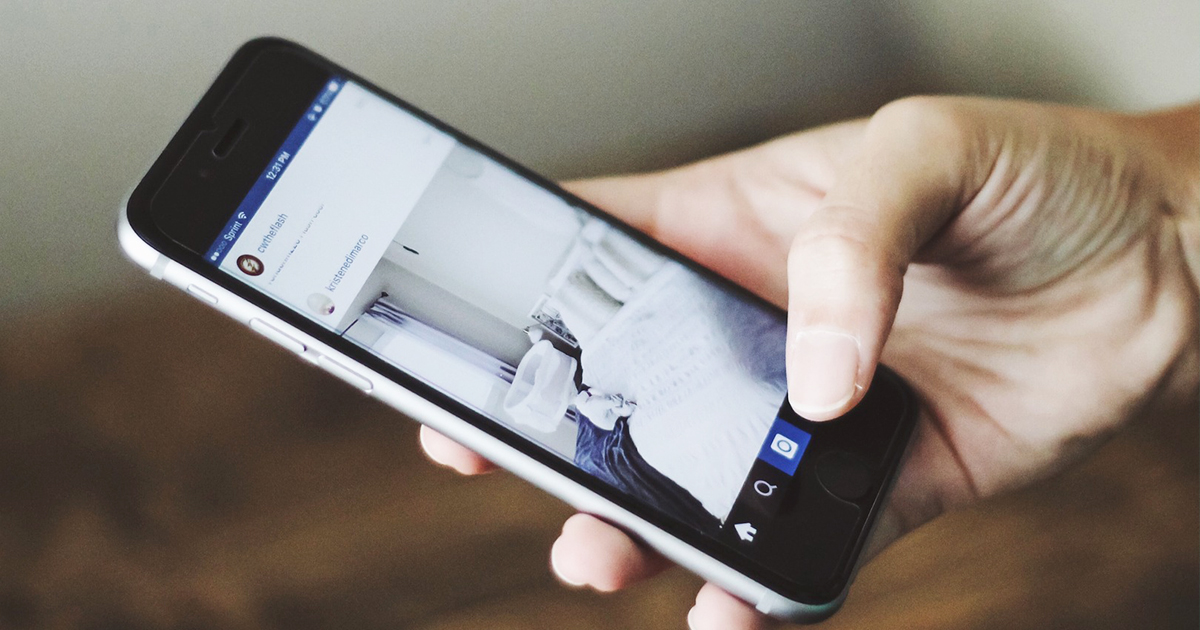 Pixabay - pixabay.com
Pixabay - pixabay.com
To Clinton's credit, her campaign has made a concerted effort to reach Millennials on social media — developing an effective Twitter presence, documenting the campaign on Snapchat, and launching Millennial-friendly web campaigns on her official site, for example.
"One of the nice things about the Clinton campaign is she's been very current with social media, focusing on Instagram and Snapchat and not believing that Facebook is particularly relevant," Morley Winograd, who co-authored three books alonside Hais, told ATTN:. "I think they've done a very good job."
